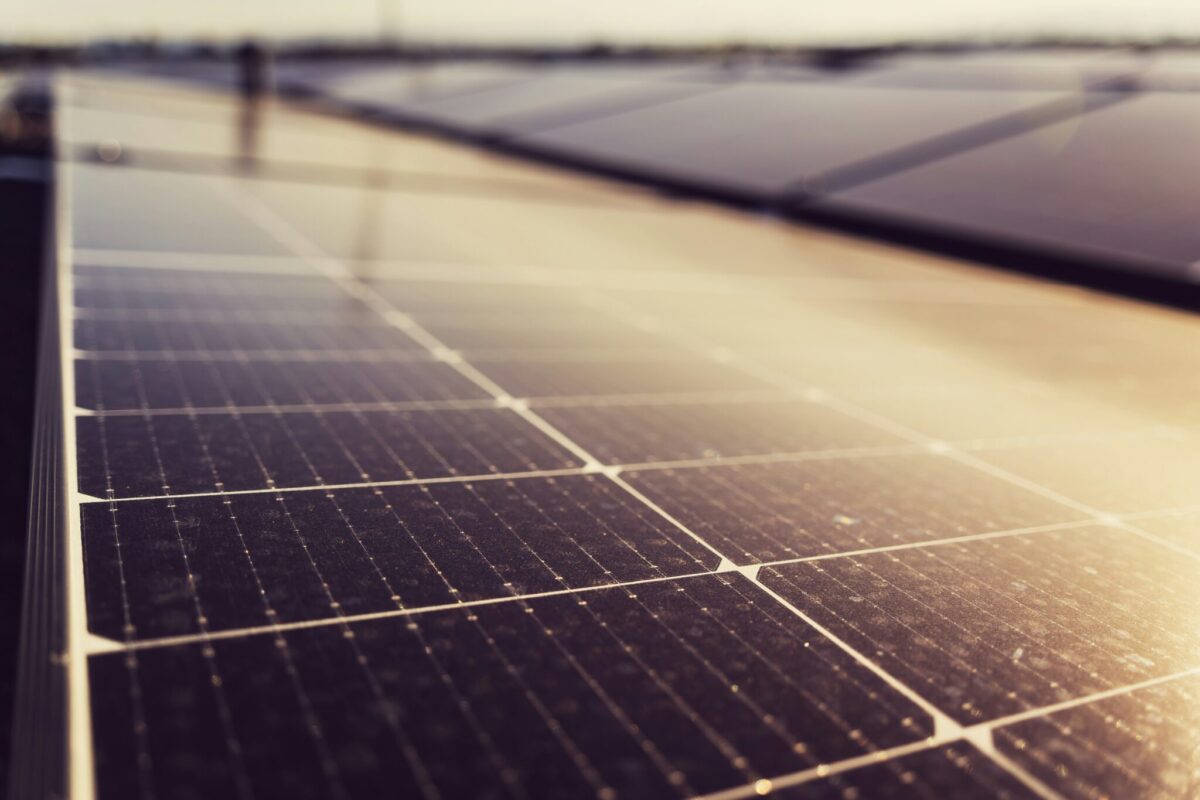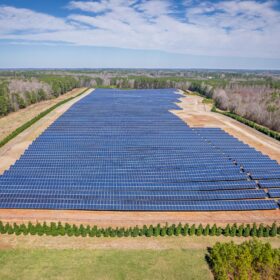by Tor “Solar Fred” Valenza
Cellphones and personal computers are ubiquitous today, and yet Apple remains one of the top brands in these categories without lowering prices to compete with rivals that offer the essential product for less. In fact, Apple recently released the iPhone X at a price that is more expensive than many laptops and PCs.
Meanwhile, the Section 201 trade case aside, solar manufacturing and installation prices continue to fall. While that’s a good thing for increasing solar adoption, the downward price pressures are narrowing profits, if not causing consolidations and bankruptcies.
While this consolidation is inevitable, Apple’s market and price leadership offers solar manufacturers and service providers examples of excellent marketing techniques for maintaining consistent market leadership and premium pricing. For solar companies positioning themselves to survive the solar coaster, they would do well to mimic Apple’s marketing and promotion tactics. Not all of these techniques are right for every part of the solar value chain, but many are.
Promote a reputation for top quality and customer service
I used to be a PC, and now I’m 100% Mac, from my phone to my computer and music store. The reason I made the move wasn’t because of price, but because of a lack of quality and service from Apple’s lower-priced rivals. My Apple products have crashed and had issues over the years, but it’s always been easy for me to make an appointment or drop by an Apple Store to troubleshoot. Moreover, Apple’s return and replacement policies are also very generous, perhaps to a fault.
For solar manufacturers or installers wishing to compete in a price-sensitive commoditized market, be like Apple. Here are some ideas to differentiate yourself from the competition:
- Ramp up your customer success team with patient and knowledgeable staff that have experience and time for every call or inquiry. I never feel a time pressure when speaking to an Apple Genius Bar person, and your customers should also feel unrushed, allowing them to explain their issues with as much time as they need.
- Give staff a high level of authority to offer returns and free service calls. Apple reps rarely need to ask a supervisor for fixes, and you should empower your employees with the same confidence.
- Make certain that customer service staff maintain an attitude of “making it right” not “doing you a favor.” This is especially relevant for new installers and residential customers who often make mistakes or are confused.
- Deliver what you promise to large and small customers—even for the smallest customers during the Section 201 trade case price inflation, for example. At Apple, everyone is treated like its best customer.
Your patience and generosity may be difficult and expensive in the beginning, but it will ultimately build an Apple-like reputation that influences customers to value your product or service higher than others, leading to significantly lower customer acquisition costs via word-of-mouth to other installers or to friends and neighbors.
Keep it simple without sacrificing on features
Apple’s brand has been largely built on its reputation for being a powerful tool that is nevertheless easy to use. There will never be a “bare bones” Apple product, but there are different levels of pricing for different features. And yet, regardless of the different screen sizes and hard-drive size or memory, all models keep Apple’s philosophy for simplicity with power.
For the solar business, it’s always about “efficiency,” whether that’s reducing the time of installation or creating more powerful products at the same or lower price. Like Apple, we must market these efficiency benefits alongside competitive pricing. We don’t need to have a big stage show to demonstrate these values, but we can boost more traditional marketing touch points, such as case studies, testimonials, installation videos, conference demonstrations, webinars and trainings.
The idea here is for customers to remember your brand for X, not for $X/watt.
Act like an industry leader, not an apathetic industry follower
Apple not only leads with technological innovations, but also remains a thought leader and advocate for the protection of the public—and its customers. For example, Apple has consistently and publicly weighed in on security, privacy, net neutrality and LGBGTQ issues, and lists being a member of numerous trade associations through its government affairs group.
This advocacy leadership sends a message to its customers that the company cares more about them than their wallet. Similarly, Apple’s rivals may also feel obligated to set a position, further defining the differences between brands beyond the price of a cellphone.
As a solar or storage-related company, you can also define yourself by leading on solar and clean energy advocacy as well as by taking a position or acting on behalf of non-solar causes that are close to your community. Sure, that takes effort, but like Apple, these efforts cement brand recognition, brand loyalty and brand affinity, three extremely effective ways to compete beyond the lowest price per watt.
Does marketing like Apple take more money and resources that solar companies don’t have? Yes, but I’m not saying you should market as much as Apple, but to market with the same tactics within your own proportional budget.
Tor “Solar Fred” Valenza is senior strategy adviser for Kiterocket’s renewable energy practice and a communications consultant for other solar and renewables brands.
The views and opinions expressed in this article are the author’s own, and do not necessarily reflect those held by pv magazine.
This content is protected by copyright and may not be reused. If you want to cooperate with us and would like to reuse some of our content, please contact: editors@pv-magazine.com.








By submitting this form you agree to pv magazine using your data for the purposes of publishing your comment.
Your personal data will only be disclosed or otherwise transmitted to third parties for the purposes of spam filtering or if this is necessary for technical maintenance of the website. Any other transfer to third parties will not take place unless this is justified on the basis of applicable data protection regulations or if pv magazine is legally obliged to do so.
You may revoke this consent at any time with effect for the future, in which case your personal data will be deleted immediately. Otherwise, your data will be deleted if pv magazine has processed your request or the purpose of data storage is fulfilled.
Further information on data privacy can be found in our Data Protection Policy.